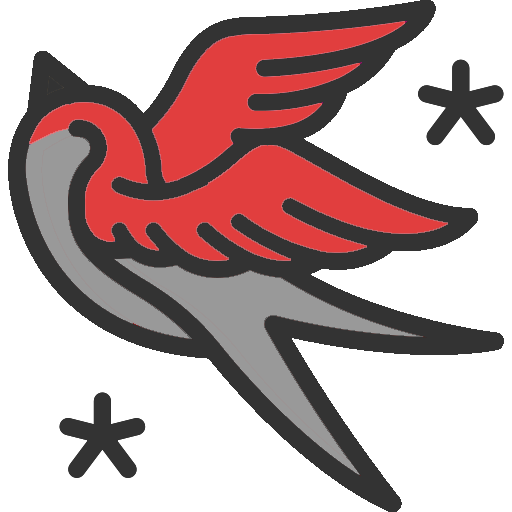Independence Day
4 July 2019
One of my favorite things ever written about America is by Sarah Vowell in her book Layfayette in the Somewhat United States. The book as a whole is a modern trip through the history of the Marquis de Layfayette and his odd role in the making of revolutionary mythology, but, about three quarters of the way through the book, there is brief detour to another location of historical significance. Vowell writes:
Before Sherm and I drive back to New York, we stop at one more historic site in Freehold, the former home of some twentieth-century relatives of one Private John Springsteen, who volunteered with the Monmouth County militia in 1775. This is the modest clapboard duplex at 39 1/2 Institute Street where Bruce Springsteen was living on September 9, 1956, the night he watched Elvis Presley's first appearance on The Ed Sullivan Show.
After the broadcast, the six-year-old Springsteen talked his mother into renting him a guitar, "inspired," he later recalled, "by the passion in Elvis' pants."
In a speech Springsteen delivered in Texas in 2012, he boiled down what he had learned that night from Elvis: "You did not have to be constrained by your upbringing, by the way you looked, or by the social context that oppressed you. You could call upon your own powers of imagination, and you could create a transformative self."
Springsteen is, of course, inextricably tied up in America, but we don’t always understand or acknowledge how knotty and complicated being tied to America truly is. It’s more mythology than reality sometimes, and we are not gods, just people. It’s difficult to feel that any of it is within our power to remake.
This is why it’s useful to have to observers, thinkers and storytellers who can cut to the core of what we’re trying to comprehend and reconcile. Rather than getting lost in a mass of absolutes, they help us refocus on our own connections, our own potential and our own promises. They define our origin and clarify our spheres. When we see clearly where we are, then we can identify which levers we can pull.
When the Fourth of July comes around, it is not an opportunity to celebrate something done and finished but instead the reminder of the responsibility to work towards an ideal. It is a reminder that every revolution that ever happened came from many individuals’ convictions that they could, in some way unique to each of them, reinvent the world for the better.
Vowell’s passage continues with a coda from her trip companion:
Later, I e-mail Sherm to thank him for indulging me in that last stop. I was under the impression that he preferred our time at the museum in Monmouth Battlefield State Park, with me talking at him about the significance of Friedrich von Steuben's army training manual on display there.
"Not only was stopping at one of Springsteen's childhood homes appropriate," Sherm replies, "it was an important part of the day for me as a Jersey boy, since it served as a great reminder that not all important fights take place on battlefields. Some take place in tiny house, or half-houses, whether with family members or within oneself, and involve changing your course, convincing your mother to rent you a guitar (or my father to buy me a typewriter), and getting the hell out of that house, that town, that state. It's a different kind of independence, personal instead of political, but one of the many things we won in that war fought over two centuries ago turned out to be the freedom of expression that let a dude from Jersey write a song like 'Thunder Road.'"
